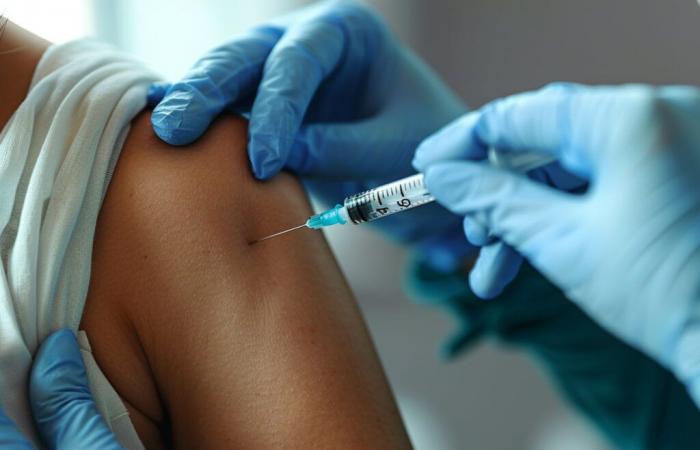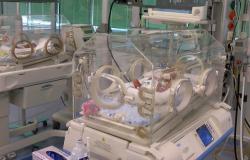Should children get the COVID-19 vaccine? Find out why this is a crucial debate for global public health.
Tl;dr
- The COVID-19 vaccines from Moderna and Pfizer-BioNTech are recommended for children ages 6 months and older.
- They help protect against serious illness, hospitalization and death.
- Despite the hesitation of some parents, these vaccines have proven their safety and effectiveness.
COVID-19 vaccines for children: essential protection
According to the Centers for Disease Control and Prevention (CDC), the COVID-19 vaccines from Moderna and Pfizer-BioNTech are now recommended for children ages 6 months and older. These vaccines are essential for protect these young individuals from serious illness, hospitalization and death caused by COVID-19.
Vaccination: a key to preventing COVID-19
Vaccination is even more crucial as treatment options for young children with COVID-19 are very limited. In addition, the immune response triggered by vaccination differs from that caused by infection. Indeed, infection leads to viral replication and tissue invasion and damage.
Parents’ reactions to vaccination of their children
Despite the importance of vaccination, a 2022 Kaiser Family Foundation survey reveals some hesitancy. About 28% of parents want to wait to see how other young children react before vaccinating their own children.
Nearly 27% said they would “definitely not” vaccinate their child. Another 11% said they would only do so if the school or daycare required it.
On the effectiveness and safety of vaccines
Clinical trials of both COVID vaccines have demonstrated that they are effective and safe for children. They can produce antibodies that protect against the virus, similar to how they work in adults.
However, it is important to note that even vaccinated children can contract COVID-19. However, the vaccine still significantly reduces the risk of severe illness, hospitalization and death.
Side effects of vaccines
The Moderna and Pfizer-BioNTech vaccines are generally well tolerated. Side effects, which usually resolve within a few days, may include chills, headache, muscle aches, pain, redness or swelling at the injection site, and fatigue.
Children should not receive the Moderna or Pfizer-BioNTech vaccines if they have had a severe allergic reaction to the ingredients. They may be eligible for Novavax, which is a different COVID vaccine. Novavax is approved for children ages 12 and older.
How the vaccine works
Both vaccines use messenger RNA (mRNA), which is a type of genetic material. Scientists created the mRNA used in these vaccines in the laboratory.
The mRNA enters muscle cells through vaccination. It teaches cells how to make a spike protein, also found on the surface of the virus that causes COVID-19. The immune system detects this protein and triggers an immune response, creating antibodies that can protect against future illnesses.
In short, although choosing to vaccinate a child can be a difficult decision for parents, it is essential to remember that vaccination is the best means of protection against COVID-19.






